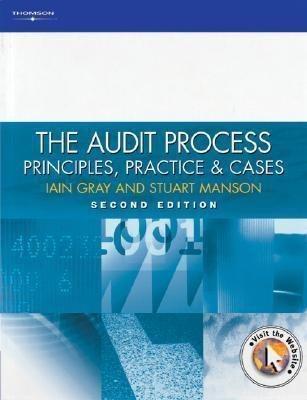Question
2. A firm is making its production plans for next quarter, but the manager of the firm does not know what the price of the
2. A firm is making its production plans for next quarter, but the manager of the firm does not know what the price of the product will be next month. He believes that there is a 40 percent probability the price will be $15 and a 60 percent probability the price will be $20. The manager must decide whether to produce 7,000 units or 8,000 units of output. The following table shows the four possible profit outcomes, depending on which output management chooses and which price actually occurs:
| Profit (loss) when price is | ||
| $15 | $20 | |
| Option A: produce 7,100 | $3,750 | +$31,770 |
| Option B: produce 8,000 | 8,000 | +34,000 |
a. If the manager chooses the option with the higher expected profits, which output is chosen?
b. Which option is more risky?
c. What is the decision if the manager uses the meanvariance rules to decide between the two options?
d. What is the decision using the coefficient of variation rule?
Step by Step Solution
There are 3 Steps involved in it
Step: 1

Get Instant Access to Expert-Tailored Solutions
See step-by-step solutions with expert insights and AI powered tools for academic success
Step: 2

Step: 3

Ace Your Homework with AI
Get the answers you need in no time with our AI-driven, step-by-step assistance
Get Started


